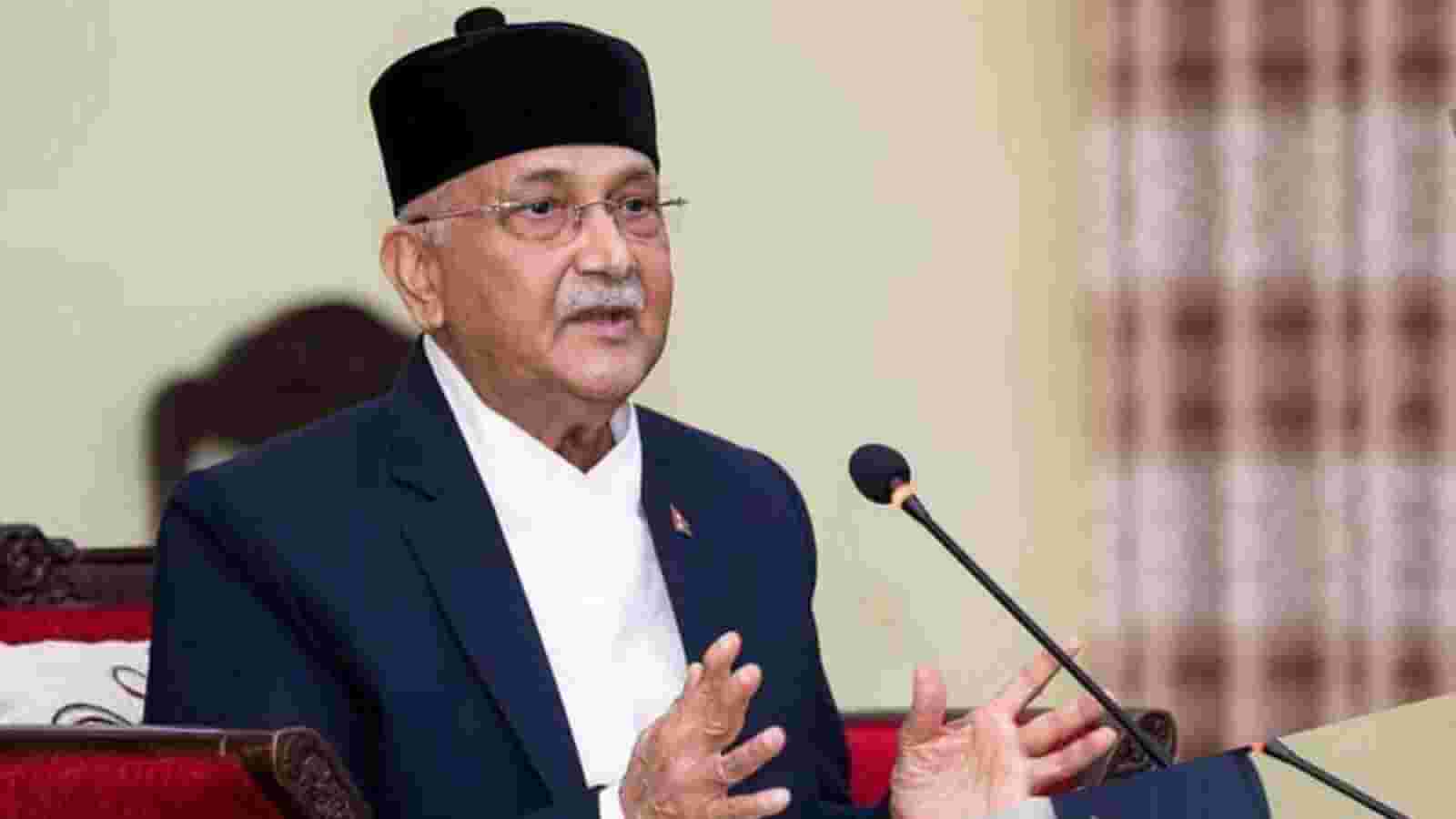On Sunday, Nepal’s President, Bidya Devi Bhandari, released a statement announcing the dissolution of the Parliament. He said that the decision had been taken upon the recommendation of the country’s Prime Minister KP Sharma Oli. As a result of this, Nepal will be conducting elections in 2021. The elections will be conducted in two phases, that is on April 30 and May 10. According to Surya Thapa, Oli’s Press Advisor, the move was instigated by the “conspiracies” that had “restricted” the Prime Minister’s ability to conduct his functions.
Oli’s decision has been subjected to criticism by several constitutional experts, including Dinesh Tripathi, who said, “The Nepalese Constitution doesn’t allow the PM to go for a mid-term election by dissolving the House of Representatives if there is a possibility of forming the government from within Parliament.” However, experts also believe that there may be a way to go around this constitutional obstacle. Consequently, Oli would basically have a free hand until the next elections, which are scheduled to be conducted in six months. Moreover, he will also have the power to extend this period by another six months.
This concern has been echoed by several political leaders within the NCP, with seven Cabinet ministers calling the move “unconstitutional and undemocratic” and resigning from their positions. Further, the party’s spokesperson, Narayankaji Shrestha and former Prime Minister and senior party leader Madhav Kumar Nepal, termed the move as “unconstitutional.” According to Shrestha, the NCP will also convene a Standing Committee to discuss the matter. Furthermore, several senior leaders, including Prachanda have “consulted” each other about the issues caused by Oli’s decision.
Leaders of the country’s most significant opposition party, the Nepali Congress (NC) also vociferously opposed this decision. The President of the NC called this another attempt by the Oli government “to impose one-party totalitarian rule in the country.” The NC also convened for a meeting to discuss the issue, and further submitted a joint request, along with the Rashtriya Janata Party, for summoning a Special Session of the Parliament.
This move comes amidst a months-long intra-party power tussle between Oli and Pushpa Kamal Dahal “Prachanda”, the country’s former Prime Minister and his rival in the Nepal Communist Party. Oli was elected to power in 2017 for a five-year term. During the NCP’s formation in 2018, the two leaders had negotiated a power-sharing agreement, wherein both Oli and Prachanda would hold the post for Prime Minister for two-and-a-half-years each. However, in 2019, the two agreed that Oli would hold the PM post for the entire term and that the position for the Executive Chairman would be given to Prachanda. According to Prachanda, since the “spirit” of the 2019 agreement was not being respected by the PM, he should abide by the 2018 arrangement. However, Oli has repeatedly reiterated his unwillingness to step down from his position as the country’s Prime Minister.
This has created two factions in the NCP, with one group supporting the current PM Oli, and the second group supporting the former prime minister, Prachanda. Over the past few months, Oli has been subject to significant criticism from both the general public and opposing factions from within his own party. NCP faced a major crisis when Prachanda called for Oli’s resignation in July. More recently, on November 13, Prachanda submitted a document at the NCP’s Secretariat meeting wherein he called Oli out for running the government and the NCP poorly and further accused him of corruption. Apart from concerns about the Prime Minister’s handling of internal issues in the party, the Prachanda-led faction was also concerned about his anti-India stand. However, India has remained silent about the recent developments.
China has a lot to lose from this political instability as the Oli-led government has shifted Nepal’s historic India-centric stand to one that favours China. Hence, it has been trying to avoid a situation where the NCP splits into its pre-merger constituent parties, the Oli-led Communist Party of Nepal (Unified Marxist-Leninist) and the Prachanda-led Communist Party of Nepal-Maoist Centre. Consequently, in July, amidst the growing criticism of Oli’s leadership in Nepal, the Chinese ambassador in Nepal, Hou Yanqi, intervened and held a meeting with President Bhandari, and former PM Madhav Nepal, who is a sharp critic of the Oli government. Since then, Hou has attempted to keep the NCP together, even at the cost of Oli losing his position as the country’s premier.
Intra-Party Opposition Causes Nepal's PM to Dissolve the Parliament
Nepali Prime Minister KP Sharma Oli decided to dissolve the Parliament, paving the way for fresh elections in 2021.
December 21, 2020

SOURCE: LIVEMINT
